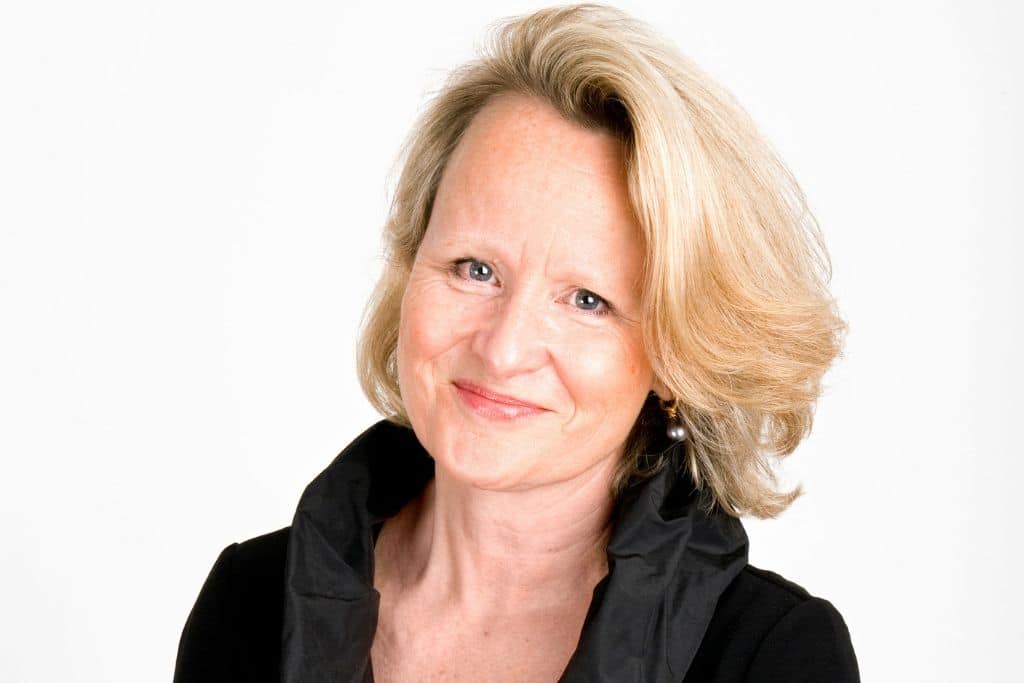
This week's Sober Story comes from Ann, a 65-year-old living in Toronto, Canada. She is the bestselling author of Drink: The Intimate Relationship Between Women and Alcohol, named one of the top 10 books of 2013 by the Washington Post.
=========
Mrs D: How long have you been sober for?
Ann: Since Nov. 3, 2008—almost 11 yrs.
Mrs D: How was it for you towards the end of your drinking days?
Ann: In my last months—which I would call the last year—I was on my knees, figuratively and literally. In 2007, I was Vice-Prinicipal of McGill University, a world-renowned institiution. I was working hard, into the night most evenings, and I lived alone in a city where I knew few people. My son had just graduated from university and had headed to Africa to volunteer. The man I had agreed to marry was halfway across the country. I had developed a life where I would work until 9, and then open a bottle of wine, and work some more. It was a lonely, challenging way to live. On Father’s Day I heard the news that my beloved cousin Doug—same age as myself, father of four—had been killed by a driver under the influence. That day, I realised I was losing everything to alcohol: I had lost my peace in childhood, thanks to my mother’s drinking; I had lost Doug; and I was losing my relationships, and myself. I weighed killing myself—ridiculous—and instead created a Wall of Why: Why I needed to give up drinking and turn my life around. On the wall—a bulletin board—I tacked up photos of those I loved: my son, my dog, my sister, my fiancé, etc. And I also added that I loved writing. This was June. In July, I began to go to AA. But as I tried to stop drinking, my drinking got worse. I left my job and decided to address my workaholism—I knew they were connected. But I did not know how. I got drunk at Dougie’s wake. I got drunk at my best friend’s holiday party. Finally, I went to rehab in the winter of 2008, where I excelled. But I could not stay sober once I got out. I would sneak drinks throughout that summer. I wanted the relief from life, from being me. I wanted to join the party of life. I was miserable.
Mrs D: What led to you finally putting the bottle down?
Ann: I was entirely discouraged and disheartened. It was a cold November Canadian day, and I had just returned from my former mother-in-law’s funeral—where I had snuck drinks all weekend. No one noticed or cared. But I knew I was losing a grip on reality without booze. I thought: I will never get sober. I might as well die. This is no way to live. I knew if I kept drinking, I would lose my son, my fiance, my sister. That morning, I got down on my knees and begged for help. I was heartsick and out of hope. At noon, I went to a meeting and cried. A woman crossed the floor and asked me if I would like to get coffee. She became my sponsor. She took me to a meeting that night. One day at a time, corny as it sounds, I began to cobble together a sober reality.
Mrs D: Was it hard work at first? What was most difficult?
Ann: Getting past the cravings: my addiction doctor taught me they were life labour pains in that they came and went. I could breathe through them. I learned to arm myself in triggering situations, to never be without a drink of some sort when I went to a party, to never get too hungry, angry, lonely or tired (HALT). I leaned on my support system and it worked: day, by day, I was able to evolve a sober life. But my depression, un-numbed, was a killer. I was deeply down.
Mrs D: How did your friends and family react to you getting sober?
Ann: I was hugely supported, on all fronts. This made the world of difference. I was vocal about needing help, and I am grateful I did not hide.
Mrs D: Have you ever relapsed?
Ann: Of course: my whole first “sober” year was a relapse. There’s a corny term: I failed forward. Slowly, I pieced together longer swaths of sober time. But on Nov. 3, 2008, I was able to turn a corner. I will say: with God’s help, even though I find this mysterious. I know I had a spiritual intervention. That first night, I received a call—out of the blue—from a man in the US who had supported me in early recovery. There were so many coincidences. I feel utterly blessed.
Mrs D: Did it take a long time for things to calm down for you both emotionally & physically?
Ann: I hesitate to write this, but my first two years of sobriety were extremely tough. I was used to being able to numb anxiety and depression with a drink. I had to discover a new self, and this was NOT an excavation. It was a transformation: growth into a confident, self-sufficient sober person, with new habits and values. In rehab, they had changed my medication and it had not worked. As I shaped a sober life, I had to develop a healthier approach to many things. I evolved from writer to editor, as well as into a more pro-active woman with a concurrent issue: depression, severe PTSD and eventually, according to one doctor, Bipolar 2. Managing all this was challenging. When I was 18 months sober, my fiancé dumped me on the phone. Six months later, my father—my so-called non-alcoholic parent—died of extreme alcoholism. I did not drink, but my heart was smashed to smithereens.
Mrs D: That's a lot to contend with - you've done extremely well. Did you find it hard going out socialising without a drink in hand?
Ann: It was extremely tough. It got easier over time, but I am still vigilant at weddings and New Year’s. I look after myself, and expect my addiction to show up and try to persuade me: a glass of champagne would be just fine! Look at you! You could drink! I play it forward to the next day: the shame, the hangover. I drink cranberry and soda, and move on. I ask another person about their life, or I dance, and all is well.
Mrs D: Yep that 'Fast Forward' trick is a good one. Was there anything surprising that you learned about yourself when you stopped drinking?
Ann: Yes, I crave sugar. I used to brag about my disinterest in sweets. No longer. This is my new challenge. As well, shopping showed up as a problem. I learned that addiction is an equal opportunity employer: it will put you to work however it can, as long as you remain in its thrall.
Mrs D: In what ways has your life changed in the past 8 years?
Ann: I became the most Ann I have ever been. I am close again to my son and my sister. I wrote a 14-part series on the closing gender gap on risky drinking for Canada’s largest newspaper, breaking a major story on how the alcohol industry was targeting women—the “pinking of the market.” Alcohol has become the modern women’s steroid, enabling her to do the heavy lifting in a complex world. I lived my dream of writing a bestselling book. I became a strong advocate on the alcohol policy front, both nationally and internationally. Meanwhile, I became less anxious, more calm, less triggery. I believe in myself, and enjoy lots of time writing and thinking, in nature. I travel. The world is my oyster, and I leap into each day with gusto. I am no longer a workaholic. I am living sugar-free, or working on it. I am conscious and my relationships are rich and connected. I sought help for the mood disorders, and have an excellent team. I spent time with my mother before she died, travelling with her. I managed grief—a lot of it—without a drink. This was a huge initiation, and I did not numb.
Mrs D: Grief is one of the hardest emotions to deal with sober I have found. Are you able to pinpoint any main benefits that have emerged for you since getting sober?
Ann: I am able to trust my moods, and invest in my friendships and relationships, knowing I will always show up as me. I have found my real voice. I can rely on myself.
Mrs D: Would you do anything differently given the chance to go through the process again?
Ann: Yes, I would have asked for help a lot earlier. I would have found help for my depression earlier, taken a sabbatical. I was a tireless working mother. I separated from my son’s father early, and I was on my own for a long, long time. I was suffering from work burnout and depression for years. I worked for Canada’s national news magazine for decades, and the pace was tough for a mum. I needed to practice more self-care. I wish I could wrap my arms around that young woman and tell her that.
Mrs D: Any advice or tips for Living Sober members who are just starting on this journey?
Ann: If you think you have a problem keep a drinking diary. Count your drinks. If you cannot drink within safe drinking guidelines—10 measured drinks a week, no more than two a day, days off—then get help, soon. If you drink to numb, quit. If you are quitting, lean on others and let them support you as you shape a sober life. Get resourceful of knowing what triggers you, what you like to drink as an alternative. Respect HALT: never get too hungry, angry, lonely, tired. Learn to wrap your arms around yourself and love yourself. Surround yourself with others who do, who champion your efforts. Read or listen to Pema Chodron, and calm yourself. Get outdoors and take a forest bath, let nature support you. Hug your pet and receive unconditional love. Read—you will be able to read at night and remember! Journal the early days because one day, you will treasure your early observations. Join a support group or two or five!
Mrs D: Such a great list of recommendations (I have just hugged my dog!) Anything else you'd like to share?
Ann: Love the path. Know you will laugh again, and more, as a sober person. Know you are more love-able than you have ever been. You are a warrior, and your addiction is an adversary. Never forget that. Never forget it is doing pushups, hoping you will fail. Don’t forget this, ever. Day by day, triumph. Day by day, evolve. Day by day, seize this precious, glorious life and smell it, hold it close and love it. This is your rich reward for being sober, conscious and present. Treasure this magnificent reality. When you are one year sober—or two or five—do the test I describe in my book and my TED Talk: the one my son describes. Take a piece of paper and draw a line down the middle. On one side, write all you have lost in getting sober. On the other, write all you have gained. I wager: your losses with be miniscule, your gains endless.

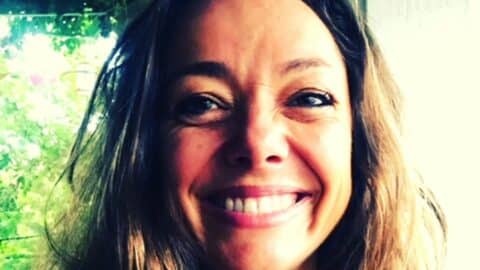
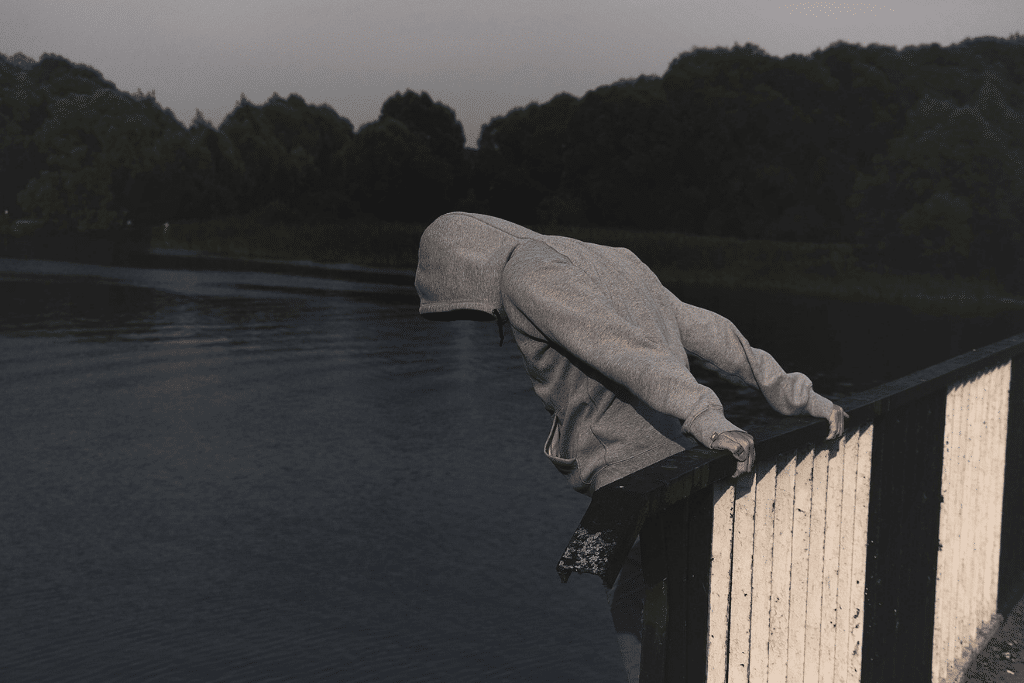
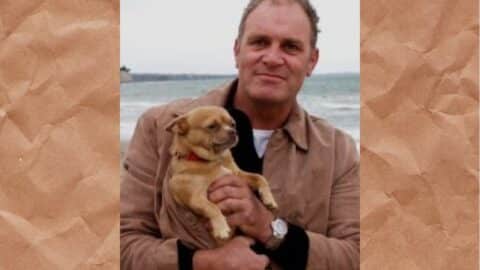
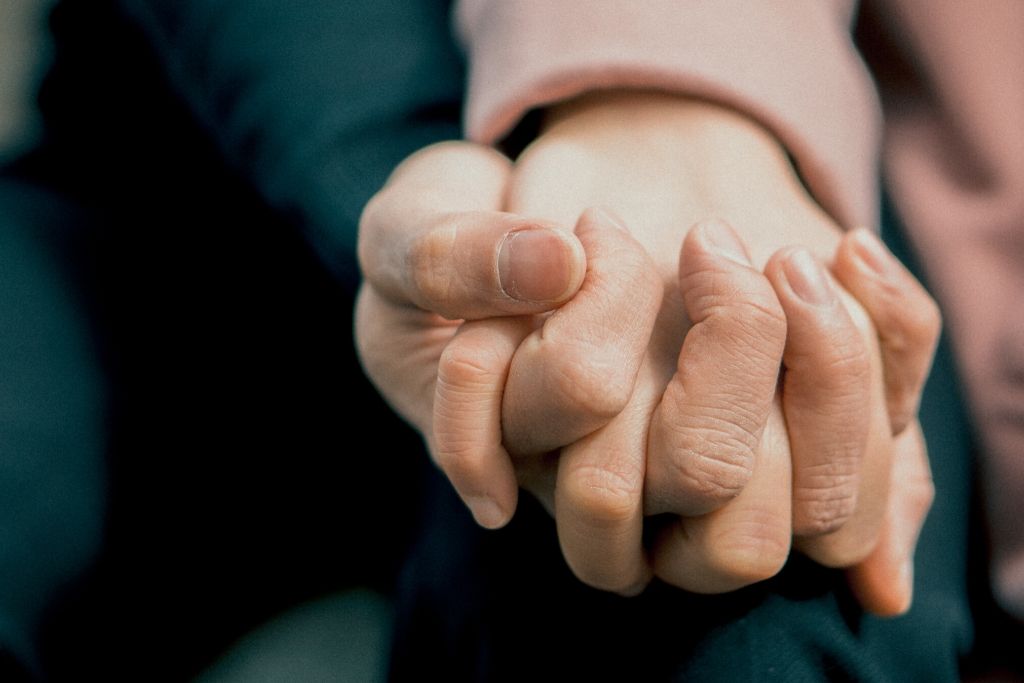
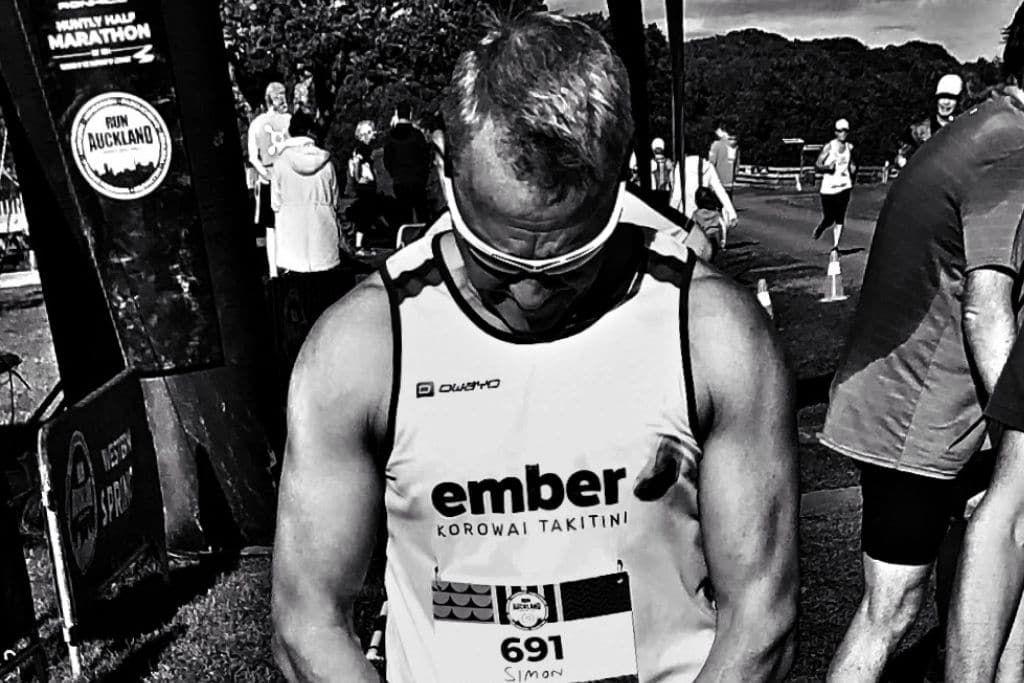
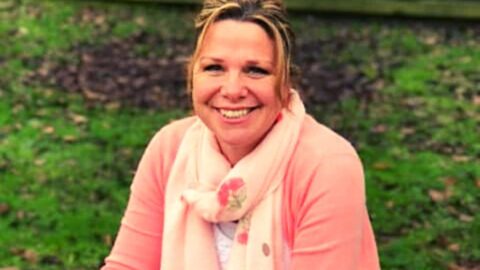
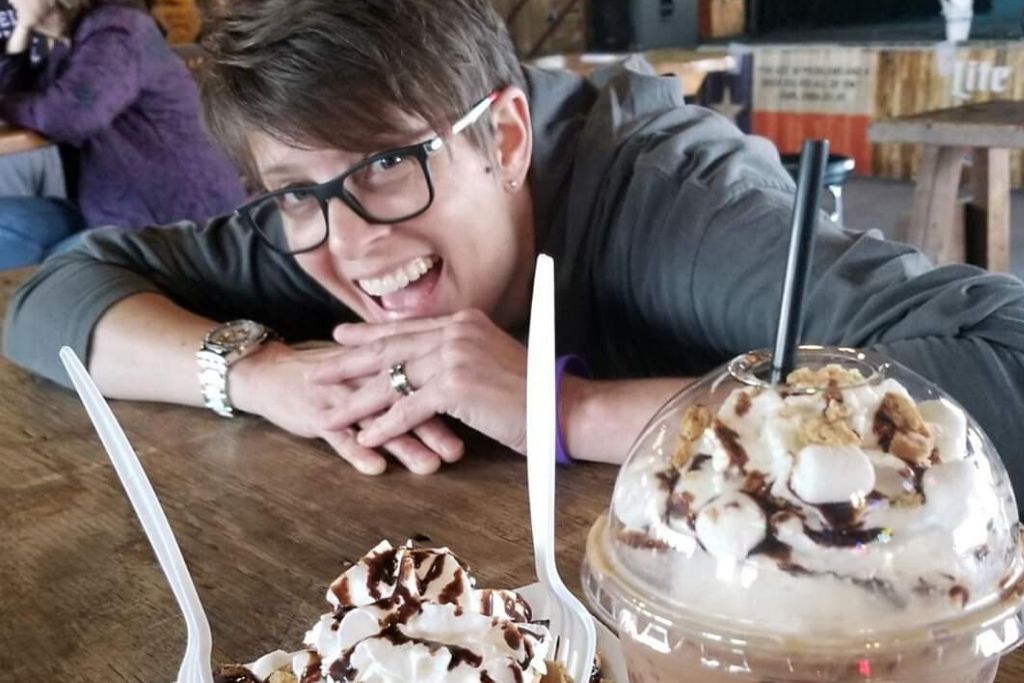
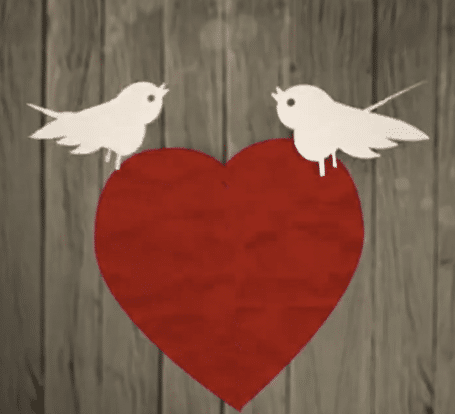



Ann’s book was one of the first I read at the beginning of my journey. I re-read chapters again and again, it was so profound and spoke the truth. On 31 July 2019, I will be three years sober and have read mountains of literature in that time. I have loved reading this interview, brought a tear to my eye. Thank you.
I read that about a month ago. Such a true portrayal of the crazy, alcohol soaked society we live in. I see so many of the women I know portrayed there. Tricked into thinking a bottle of wine holds the answers.
Oh wow! I’m just reading Ann’s book now. So interesting and well researched. This is awesome ?? also gonna watch the Ted talk thanks @JR ?happy day everyone ?✨
How nourishing for the brain. Yes, addiction has you in it’s thrall, am with you on the sugar front. Many thanks for this amazing and inspiring story.
WOW , how i needed to read this NOW . Thank you .
Hi Ann! I read your great book a few years ago, it was part of my contemplation stage of getting sober, finding out how other women did it. I also love Pema Chodron’s teachings – Lean In to Discomfort + dropping the storyline really helps me return to centre. Fellow Canadian, JM xx
This timing is wild! I JUST viewed her TEDx talk yesterday on YouTube. Thank you for sharing and the picture your son drew of “happy mom” was powerful!
“Love the path” is right. Thanks, Ann.